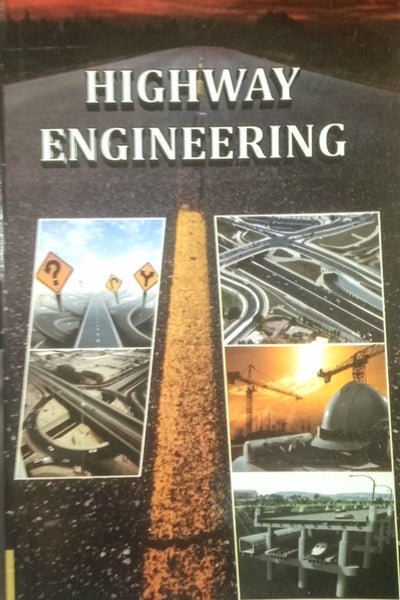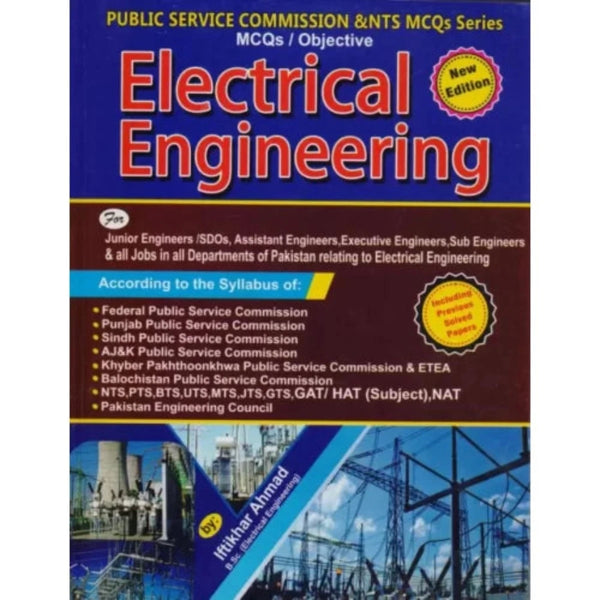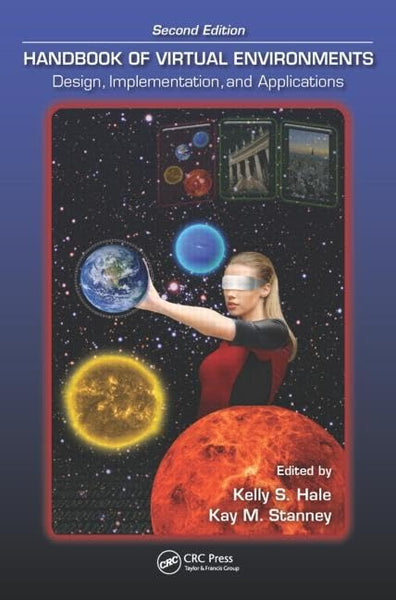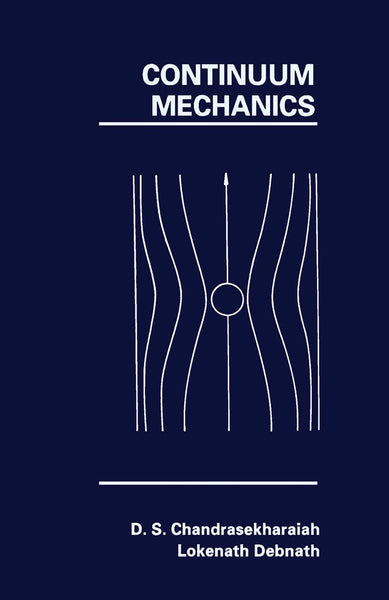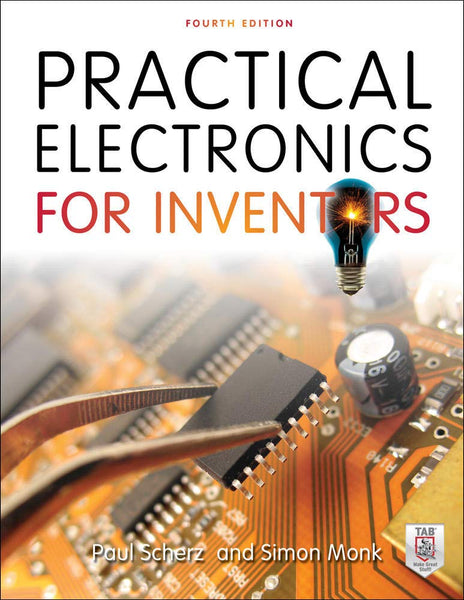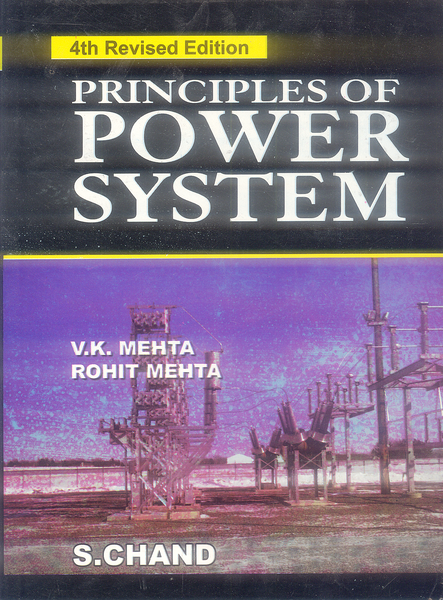Quantum Mechanics for Scientists and Engineers by David A. B. Miller (Author)
- Publisher: PHYSICS
- Availability: In Stock
- SKU: 57098
- Number of Pages: 568
Rs.1,160.00
Rs.1,495.00
Tags: Advanced quantum mechanics , best books , Best Price , best prices , best shop , bookshop , bookshop online , bookshopPakistan , Bose-Einstein condensates , buy online books , David A. B. Miller , Energy quantization , Feynman diagrams , good books , good booksonline , Heisenberg uncertainty principle , Measurement in quantum mechanics , Molecular physics , Nanotechnology and quantum mechanics , online books store , Online Bookshop , Online Bookshop Pakistan , online shopping , Online Shopping Pakistan , OnlineShoppingPakistan , PakistanBookshop , PakistanOnlineShopping , Photons and electrons , price cut , price-friendly Comprehensive , Quantum dots , Quantum harmonic oscillator , Quantum interference , Quantum measurement theory , Quantum mechanical operators , Quantum mechanics applications , Quantum mechanics for engineers , Quantum mechanics for practical applications , Quantum mechanics for scientists , Quantum mechanics in biology , Quantum mechanics in chemistry , Quantum mechanics in materials science , Quantum mechanics in technology , Quantum mechanics simulations , Quantum optics , Quantum states , Quantum statistical mechanics , Quantum tunneling , ReasonablePrice , reduced price , Schrödinger equation , Shopping , ShopSmartPakistan , Solid-state physics , Spin theory , Superposition principle , Wave functions
Quantum Mechanics for Scientists and Engineers by David A. B. Miller offers a comprehensive and accessible introduction to the principles of quantum mechanics, tailored specifically for students and professionals in engineering and the physical sciences. The book bridges the gap between theoretical physics and practical applications, focusing on the fundamental concepts of quantum mechanics while also showing how these principles are directly applicable in engineering contexts such as semiconductor devices, nanotechnology, and quantum computing. Miller presents the material in a way that minimizes the mathematical complexity traditionally associated with quantum mechanics, allowing readers from various technical backgrounds to grasp core concepts without heavy reliance on advanced mathematics. The text is structured to gradually build up from foundational topics to more complex applications, making it suitable for self-study or use in university courses. Throughout, the author emphasizes the relevance of quantum mechanics in modern technology and engineering, ensuring that readers understand not only the theory but also its real-world implications.
Keypoints:
-
Accessible to Engineers and Scientists: The book is designed for readers with a technical background but limited prior knowledge of quantum mechanics, making it ideal for engineers and physical scientists.
-
Focus on Applications: Miller places a strong emphasis on how quantum mechanics applies to practical problems in modern engineering, such as in the design of semiconductors and quantum computers.
-
Clear Explanations with Minimal Mathematics: While the book covers complex topics, the author simplifies the mathematical aspects of quantum mechanics to make the material more approachable for readers from various disciplines.
-
Gradual Progression of Topics: The book is structured to build from foundational concepts, such as wave functions and quantum states, to more advanced topics like quantum tunneling and quantum fields.
-
Integration of Modern Technology: Miller connects quantum theory to contemporary technological advancements, demonstrating how quantum mechanics is critical to the development of new technologies like lasers, transistors, and other electronics.
-
Introduction to Quantum Computing: The book includes an introduction to the emerging field of quantum computing, offering insights into how quantum principles are being used to develop the next generation of computational technology.
-
Rich Problem Sets and Exercises: The text includes a variety of problems and exercises designed to reinforce key concepts and provide practical experience in applying quantum mechanics to real-world scenarios.
-
Mathematical Tools for Quantum Mechanics: The author provides clear explanations of the mathematical tools required to understand quantum mechanics, such as linear algebra and differential equations, without overwhelming the reader.
-
Ideal for Self-Study: The clear structure and accessible language make the book suitable for self-study, as well as for use in academic courses that require a focus on engineering applications of quantum mechanics.
-
Comprehensive and Practical Resource: Miller’s approach makes this book a valuable resource for both students in engineering and science fields and professionals looking to understand the quantum principles behind modern technological innovations.
Conclusion:
Quantum Mechanics for Scientists and Engineers by David A. B. Miller is a highly accessible and practical guide to understanding quantum mechanics for those in technical fields. The book strikes an excellent balance between theory and application, making complex quantum concepts understandable and relevant to the technological challenges of today. Whether you are a student or a professional, this book will provide you with the foundational knowledge needed to appreciate and utilize quantum mechanics in the context of modern engineering and science.
════ ⋆★⋆ ═══
Writer ✤ David A. B. Miller (Author)




